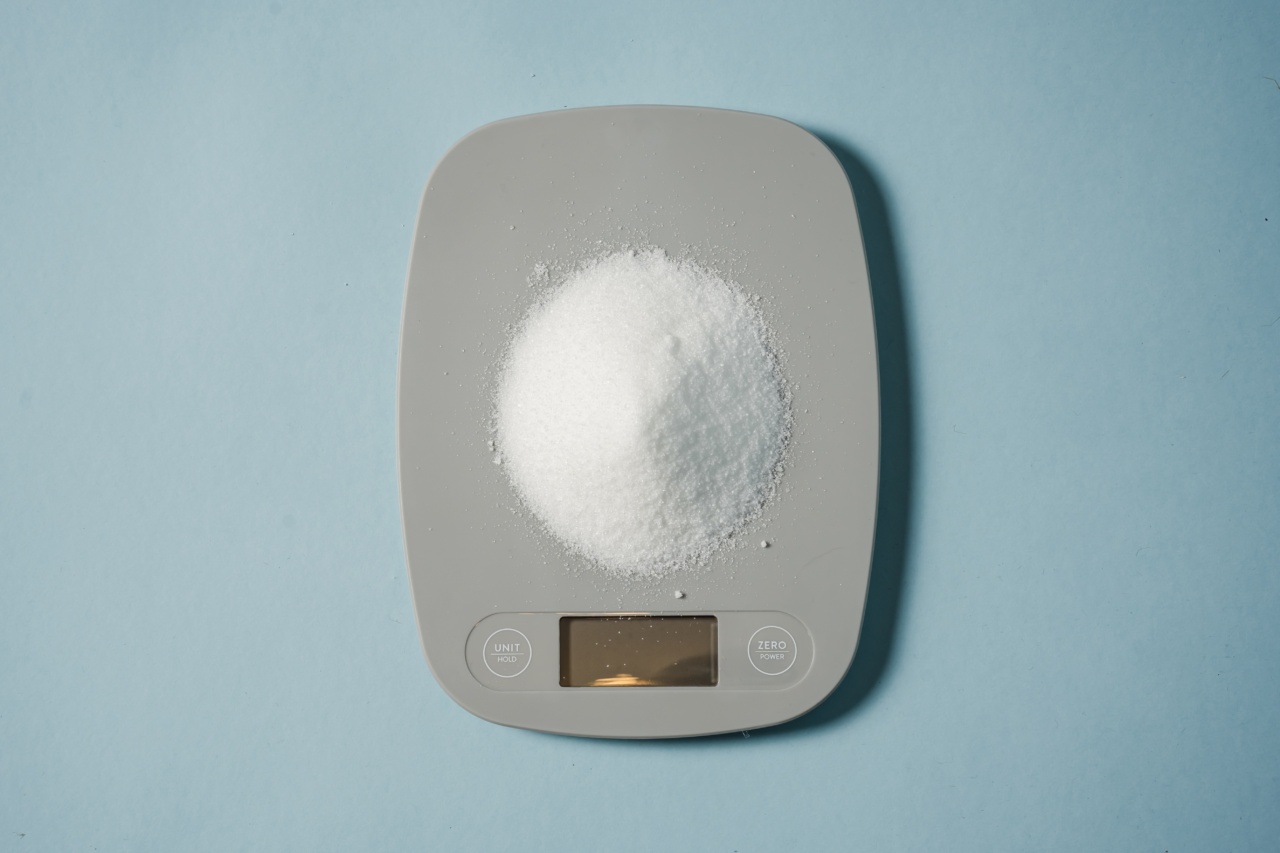When it comes to controlling blood sugar and losing weight, the number of meals you eat in a day is just as important as what you eat. While there is no one-size-fits-all answer, there are guidelines that can help point you in the right direction.
What is blood sugar?
Blood sugar, also known as glucose, is the primary source of energy for your body. It comes from the carbohydrates you eat and is carried in your bloodstream to your cells.
Insulin, a hormone produced by the pancreas, helps your body to use the glucose for energy or store it for later use.
Why is controlling blood sugar important?
Controlling blood sugar is important for several reasons. Elevated blood sugar levels can lead to a number of health problems, including:.
- Type 2 diabetes
- Heart disease
- Stroke
- High blood pressure
- Kidney disease
- Eye problems
By controlling blood sugar, you can reduce your risk of developing these conditions and improve your overall health.
How does meal frequency affect blood sugar?
Your body is designed to handle a certain amount of carbohydrates at once. When you eat a meal, your blood sugar naturally rises as your body processes the carbohydrates.
Insulin is released to help your body use the glucose for energy or store it for later use.
However, if you eat too many carbohydrates at once, your body may not be able to handle it all. This can lead to a spike in blood sugar levels that can be harmful over time.
Eating smaller, more frequent meals can help prevent these spikes in blood sugar levels and keep them more stable throughout the day.
How many meals should you eat per day?
As mentioned earlier, there is no one-size-fits-all answer to this question. However, there are some guidelines that can help you decide what meal frequency is right for you.
Option 1: Three meals per day
Many people find that eating three meals per day is a good balance between controlling blood sugar and promoting weight loss.
This meal frequency allows your body to have some downtime between meals to rest and digest, which can be beneficial for overall digestion and metabolism.
When eating three meals per day, it’s important to make sure that each meal is balanced and contains a mix of carbohydrates, protein, and healthy fats. This can help keep your blood sugar levels stable and prevent spikes.
Option 2: Four to five meals per day
Some people find that eating more frequent, smaller meals throughout the day helps them control their blood sugar levels and promote weight loss.
This meal frequency can be especially helpful for those who have trouble managing hunger and overeating at meals.
When eating four to five meals per day, it’s important to keep each meal small and balanced. This can help prevent overeating and keep your blood sugar levels stable throughout the day.
Option 3: Intermittent fasting
Intermittent fasting is a meal pattern that involves cycling between periods of eating and fasting. This approach can be helpful for those who have trouble controlling their appetite or want to lose weight.
During the fasting periods, your body has a chance to rest and reset, which can promote better overall health and lower blood sugar levels.
Conclusion
When it comes to controlling blood sugar and losing weight, the number of meals you eat in a day is just as important as what you eat.
While there is no one-size-fits-all answer, there are guidelines that can help you determine what meal frequency is right for you.
By eating smaller, more frequent meals, you can help keep your blood sugar levels stable throughout the day and promote better overall health.




























